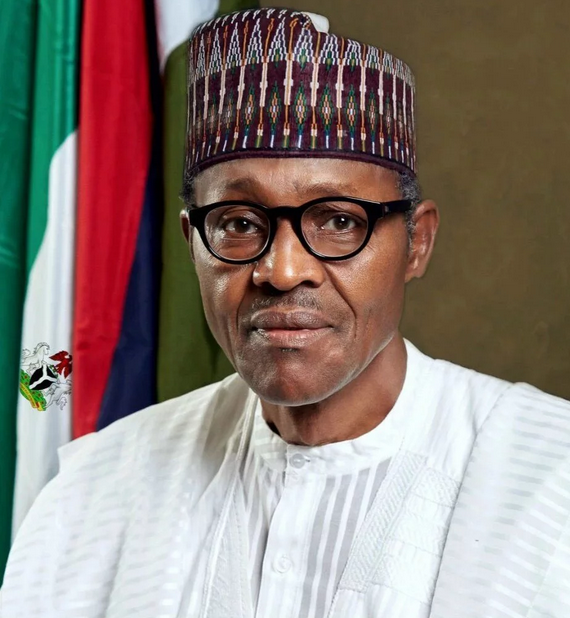The World Bank has ranked Nigeria 169 out of 189 countries in its latest report on the ease of doing business globally. This is contained in a statement made available to newsmen by the Head of Communications, World Bank Nigeria, Obadiah Tohomdet, yesterday in Abuja.
According to the statement, the report takes into consideration the ease of obtaining construction permits, getting electricity, enforcing contracts, registering property and trading across borders among other parameters.
The report showed that Nigeria had improved in the ranking from 170 in 2014 to 169 in its 2015 report.
It further showed that the Sub-Saharan African economies were among the world’s top improvers of business climate.
“The region, however, ranks poorly in the areas of trading across borders and registering properties.
“Mauritius ranks best in the region, with a global ranking of 32, performing particularly well in the areas of paying taxes and enforcing contracts.
“In Mauritius, it takes only 152 hours for entrepreneurs to pay taxes, compared to 261 hours globally.
“Rwanda has the next best ranking in the region, with a global ranking of 62. Ten years ago, an entrepreneur in Rwanda took 370 days to transfer property. Now, it takes 32 days which is less than in Germany,” it stated.
Also, Botswana ranked 72; South Africa 73; Seychelles 95; Kenya 108, and Uganda 122 this year.
According to the report, the Sub-Saharan African region stands out in implementing reforms under the Getting Credit indicator. It stated that this was a welcome development for small businesses in the region.
“Despite great improvements, governments in Sub-Saharan Africa will need to continue working on closing the gap in many key areas that impact the ease of doing business, especially increasing access to reliable electricity.
“The region’s economies have room for improvement in the reliability of supply and transparency index of the getting electricity indicator and the quality of land administration index of the registering property indicator.”
World Bank had earlier this year rated Nigeria among 16 worst nations in the world in the area of doing business and the third most difficult country for cross-border trade in the Economic Community of West African States (ECOWAS) region.
A report by the bank specifically placed the nation in 170th position out of 185 world economies polled.
The ranking was obtained from the website by the ‘Ease of Doing Business and Distance to the Frontier’.
The report listed the parameters used for the regional rating as the time and cost (excluding tariff) associated with exporting and importing standardised cargo or goods by sea transport; document preparation; Customs clearance and inspections; inland transport and handling; as well as port and terminal handling.
In the ECOWAS region, Burkina Faso was ranked the most difficult country for trade across borders at 174. Mali came second at 163 while Nigeria ranked third at 159.
Gambia was ranked the easiest country for trade across borders in the ECOWAS region at 77; Senegal came second at 79 while Cape Verde came third at 101.
While it takes an average of 19 days to export goods at $1,040 per container and with six documents in the Gambia, it takes an average of 22.9 days to export goods in Nigeria at $1,564 per container and with nine documents, according to the report.
It stated that a trader in Gambia would require an average of 19 days to import cargo at $745 per container with six documents. But in Nigeria, it would take an average of 33 days to import cargo at $1,959.5 per container with13 documents.
There were also slight variations in the cost of exports and imports in Lagos when compared with the entire country. In Lagos, for instance, the cost of exports per container was put at $1,380.
The report gave its breakdown as document preparations cost, $280 for 12 days; customs clearance and inspection cost of $350 for three days; inland transportation and handling cost, $300, to take three days.
For imports, documents preparation would take a period of 14 days at $330; customs clearance and inspections, 12 days at $360; inland transportation and handling, two days at $400.
A list of the documents required for imports in Nigeria was given as Bill of lading, Cargo Release Order, Combined Certificate of Value and Origin, Commercial invoice, exit gate, Form M, Letter of Credit, Manufacturer’s Certificate of Production (SONCAP), packing list, payment receipt of customs fees and duties, Pre-arrival Assessment Report, Single Goods Declaration Form and Terminal Handling receipts.
Documents required for export include; Bill of Lading, Cargo Release Order, Commercial Invoice, Customs Export Declaration, Form NXP, Inspection report, Packing List, Technical Standard / Health certificate and Terminal Handling receipts.
Copyright Ships & Ports Ltd. Permission to use quotations from this article is granted subject to appropriate credit given to www.shipsandports.com.ng as the source.
